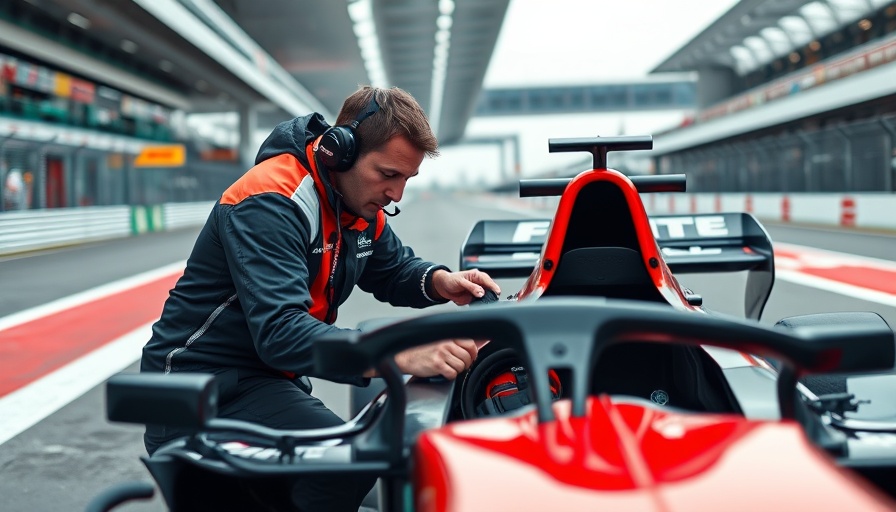
The Physical Demands of Formula 1 Racing
George Russell's recent bout with stomach cramps during the Miami Grand Prix has opened up discussions about the intense physicality involved in Formula 1 racing. With the combination of high temperatures, hefty G-forces, and the stiff suspension setups of modern F1 cars, drivers are often pushed to their physical limits. Russell, who secured another podium finish despite his discomfort, experienced firsthand how these factors impact a driver's performance.
Mercedes' Response to Health Concerns
Mercedes has confirmed that Russell has fully recovered from his medical condition, attributing his earlier issues to the specific demands of the Miami circuit. Technical director James Allison explained that the combination of the heat, high G-forces, and the stiff ride from the W16 chassis led to physical fatigue for the driver. This incident is a stark reminder of the toll that racing at the highest level can take on athletes.
Implications for Racing Technology
As the F1 landscape evolves, car manufacturers, including Mercedes, are continuously looking to balance speed with driver comfort. Russell's condition highlights a critical area for innovation: improving suspension systems to mitigate the harshness of the ride without sacrificing performance. This shift could lead to designs that prioritize driver health, ultimately affecting race outcomes, team strategies, and how drivers perform under pressure.
Future Trends in Driver Wellness
The incident underscores a growing awareness in motorsport about the importance of driver health and wellness. As Formula 1 teams invest in enhancements not only in car technology but also in the physical preparation and recovery protocols for their drivers, fans may begin to see a shift in how drivers cope with the rigors of racing. Moreover, adopting cutting-edge biotechnological solutions may become essential to keeping athletes fit to race under extreme conditions.
Conclusion: A Call for Continuous Improvement
With advancements in technology and a greater understanding of driver health, the sport of Formula 1 must continue to evolve. As teams refine their vehicles and practices to support the athletes behind the wheel, the focus on driver wellness alongside technological prowess stands to redefine racing as we know it.
 Add Row
Add Row  Add
Add 

 Add Row
Add Row  Add Element
Add Element 




Write A Comment